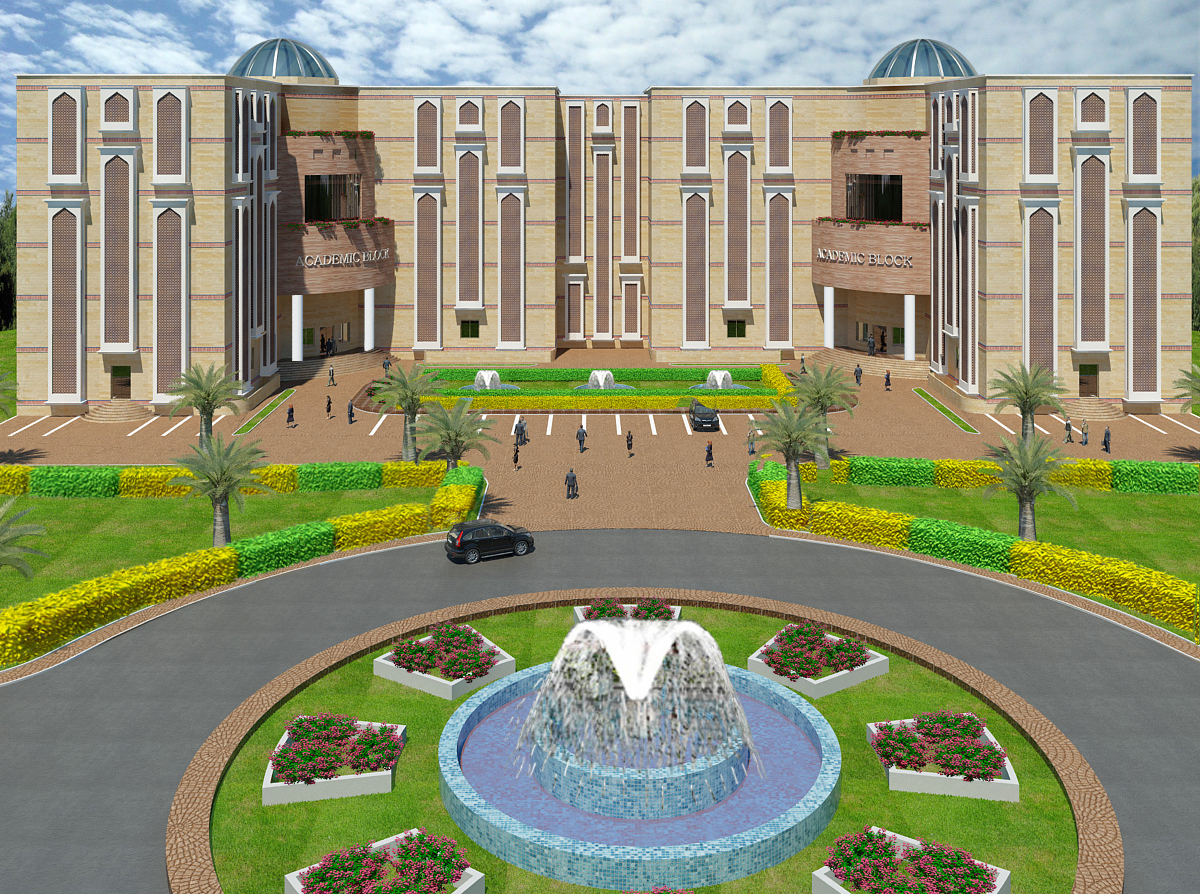Management Consultancy Division
PUBLIC SECTOR MANAGEMENT
Well-functioning public institutions are the key to balanced societies and to sustainable economic and social development. Successful and controlled urban growth and productivity require public and municipal institutions and organizations to be well organized and accountable. This often requires strengthening their capacity to improve the delivery of urban services and support sound policy development, legal, institutional an d financial frameworks. In this way, municipal and utility services can be provided on a sustainable basis, providing a valuable contribution to society. G3 has wide experience in these areas. We have provided assistance in the improvement of urban services delivery and the functioning and management of public institutions.
POLICIES, LEGISLATION AND REGULATIONS
Essential to good management of public institutions is a clear and decisive framework of policies, legislation and regulations. As urban areas constitute an ever-changing environment, policies need to be constantly adapted and monitored in an efficient and responsive manner. Moreover, for policies, legislation and regulations to become effective , they need to be made operational within the context of limited resources and prevailing constraints. G3 knows how to deal with policy development under these circumstances. We provide expertise that ensures a thorough review of policy options. Inputs from all stakeholders are incorporated as this is crucial to create support for any change in or development of policies, legislation or regulations.
ORGANIZATIONAL REVIEW AND RESTRUCTURING
The review and restructuring of existing public sector institutions and organizations aim to improve their effectiveness, accountability and roles in society. Reforming the public sector can take place at the level of central agencies, sectoral organizations, public enterprises and local government bodies, or at the interface between public, private and voluntary sector organizations. The challenge is to transform the public sector into client-driven and result-oriented institutions. G3 aims to improve the effectiveness and accountability of the public sector (including state-owned enterprises), using privatization, commercialization and business planning tools.
MUNICIPAL FINANCIAL MANAGEMENT
Municipal financial management plays a key role in urban development and public sector management. In order to ensure economic benefits and stability, there is increased awareness of the need to improve the management of budgetary processes. Balancing expected expenditure with anticipated revenue, planning and controlling public spending and creating greater accountability and transparency of spending departments towards the general public are crucial actions taken to realize this improvement. Generally, there is a direct relationship between the effectiveness of a municipal taxation system and the level of funds available for utilities and services to citizens. Property taxation is an important means of generating municipal funds.
Establishing and maintaining a cadastral system that determines the boundaries and value of land parcels and buildings, and identifies those people who must pay taxes on them is therefore essential. It makes for a fair and straightforward method of property taxation and can be a major element in a city’s ability to develop and maintain expanding city services.
HUMAN RESOURCE DEVELOPMENT
City managers need clear policy frameworks, effective organizations and consistent revenue flows, if they are to ensure sustainability and a continuous level of service. Nevertheless, it is also necessary to have appropriate human resources and organizational frameworks with reliable and up-to-date information flows which are useful in decision-making processes. Human resource development and training are therefore an important prerequisite for effective public sector management. G3 has a strong track record in this area.
SOCIAL DEVELOPMENT
Countries which put people first, invest in human resources and promote social development, grow faster and thereby achieve a more equitable distribution of income. Social development aims to improve the living conditions, skills and productivity of all people, but particularly those groups affected by unemployment or economic or social discrimination. Unleashing the human potential is at the core of the development process.
This is especially true in urban areas. These great and dense concentrations of people are potential reservoirs of human resources but also conceal unemployment and economic and social inequality. Social development in cities is therefore of great importance in the overall development of a country. G3 skills in the field of social development are in demand at all stages of the project cycle. From identification and formulation to implementation, for both long- and short-term multidisciplinary assignments.
EDUCATION
As the average age of people living in cities in developing countries goes down, so the need for sufficient and continuous educational facilities for the youth grows. Education is perceived as an essential instrument for poverty alleviation and social equity as well as for achieving long-term goals of economic competitiveness. Huge investments are required to provide education and training for all at appropriate levels. Education sector support is of growing importance in development cooperation. This triggers an increasing demand for expertise in effectively implementing education sector projects.
G3 can provide this expertise. We try to make the education sector more effective by providing incentives for public institutions, by diversifying their sources of funding, by supporting sector policy reforms to arrive at a more equitable, efficient and higher quality system, and by supporting institutional development and improvement of quality.
HEALTH AND FAMILY WELFARE
Dense concentrations of people lacking proper sanitary facilities can create unhealthy situations. Access to and improvement of primary health care and family planning services are therefore crucial to sound development processes in fast growing cities. Supplementing the provision of basic sanitation, development projects have aimed at strengthening health referral networks, promoting primary health services and integrating health activities with related community services in family planning and nutrition. New is the importance attached to strengthening the management and financing of health systems. Improved organization and financial management in health systems will lead to greater cost-effectiveness. It will ensure equity, access, quality, consumer satisfaction, and efficiency in the financing and provision of health services, while controlling and containing the growth in expenditure for health in line with economic growth.
EMPLOYMENT PROMOTION
The provision of productive employment is generally regarded as the key to alleviating poverty, fostering economic growth and an equitable distribution of income. Solving unemployment is therefore an issue which demands optimum innovation and resourcefulness. In this context, it is important that interventions resulting from an employment strategy quickly become an integral part of a consistent and coherent economic growth strategy, thus creating an enabling environment for sustainable job growth. In-depth knowledge and analysis of labor market trends, processes and the availability of and need for appropriately skilled manpower is important to successfully assist in these developments. G3 has significant expertise in this area.
PRESERVATION OF CULTURAL HERITAGE
The preservation of cultural heritage has a special position within social development. Culture is an astonishingly flexible tool to achieve multiple objectives simultaneously. A distinctive and unique city has a greater chance of success within a world of growing urban competition; strong cultures make cities feel special and increase their bankability and inward investments. Culture is strongly related to such industries as film, publishing and music. These are mainly based in cities and therefore have major economic and employment generation impacts. Culture also plays a part in defining identities, generating motivation and civic pride and fostering a sense of empowerment.

